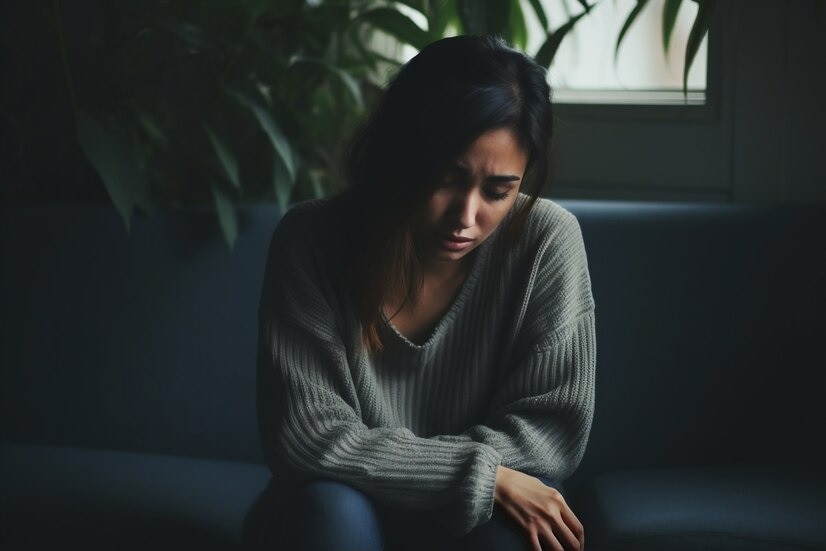Anxiety disorders, defined by excessive fear, restlessness, and muscle tension, are disabling and can increase the risk of depression and suicide. Research has shown that women are almost twice as likely to suffer from anxiety disorders compared to men. Well, here are some factors that define this gender difference.
Anxiety disorders are the most common mental illness that affects millions of people around the world. However, several research studies show that women are much more likely to experience anxiety disorders than men. The interaction of biological, psychological and social factors contributes to women’s greater susceptibility to depression and anxiety.
Below are some key factors that contribute to the gender difference.
- Biological difference: Women’s hormonal fluctuations, particularly related to the menstrual cycle, pregnancy and menopause, can influence anxiety levels. Estrogen and progesterone, two key hormones in women, can affect brain chemistry and contribute to increased anxiety.
- Coping Strategies: Men and women often use different coping strategies when dealing with stress. Women are more likely to internalize stress and ruminate on negative thoughts, which can exacerbate anxiety compared to men.
- Brain chemistry: Studies suggest that women may have differences in brain chemistry that make them more susceptible to anxiety. For example, neurotransmitters that regulate mood, such as serotonin, may function differently in women, making them more likely to suffer from anxiety disorders.
- Abuse and trauma: Studies indicate that women are more likely to experience physical and mental abuse than men. Abuse has been linked to the development of anxiety disorders. Childhood abuse, especially sexual abuse, can cause alterations in brain chemistry and structure, which could contribute to anxiety.
- Psychosocial Stressors: Women often face unique stressors related to social roles and expectations. Balancing work, family responsibilities, and social pressures can lead to increased stress and anxiety. Additionally, women are more likely to experience certain types of trauma, such as sexual assault, which can lead to anxiety disorders.
If you or someone you know is struggling with anxiety, it is essential to seek professional help. Remember that you are not alone and that support is available.
–>
